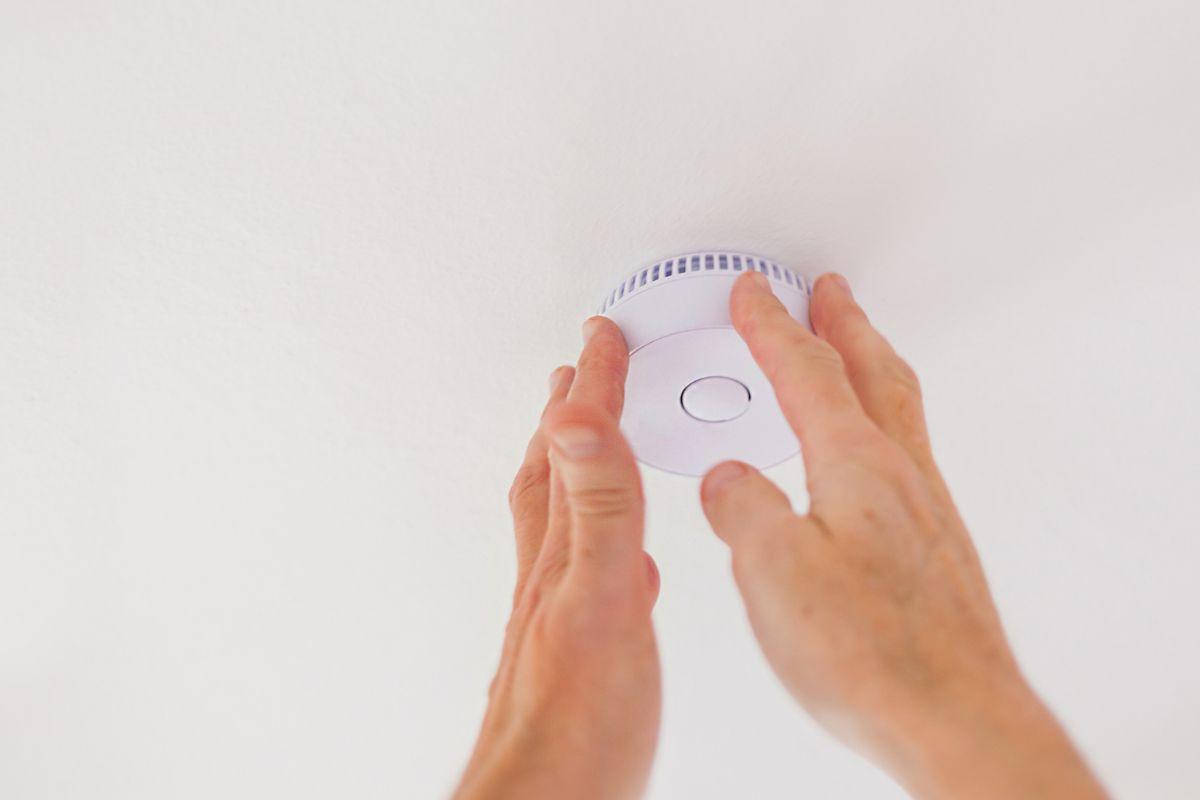This site uses cookies to provide functionality like user accounts, shopping carts and content personalisation. For more information see our cookie policy.

New rules about installing carbon monoxide detectors in rented accommodation are coming into effect in October.
The changes follow a two-month-long consultation carried out between November 2021 and January 2022. This was to determine if current legislation was fit for purpose to ensure “residents are protected from the dangers of carbon monoxide in their home”.
While the number of deaths from accidental carbon monoxide (CO) poisoning is relatively low, landlords’ duty to protect their tenants is a responsibility not to be taken lightly.
Read on to learn how this update will affect you.
What does the new legislation say?
From October 1st 2022, The Smoke and Carbon Monoxide Alarm (Amendment) Regulations 2022 will come into force.
The main change to note within the update is which rooms will soon require a CO alarm. Landlords must ensure there’s one fitted in every room which:
is used partly or wholly as living accommodation
and contains any fuel burning/fixed combustion appliance
This extends the legislation to cover all gas and oil burning appliances such as boilers but excludes gas cookers.
In addition, landlords must make sure both smoke and CO alarms are repaired or replaced once they’re informed of, and have checked for, a fault.
Currently, a landlord’s only obligation here is to make sure alarms are working at the start of a tenancy. But from October, they must be ready to repair or replace an alarm as soon as reasonably possible.
How does this differ from the current legislation?
Introduced in response to safety concerns, private landlords must currently abide by The Smoke and Carbon Monoxide Alarm (England) Regulations 2015.
Alongside broader guidance, it states that landlords must ensure:
smoke alarms are fitted in all their rented properties
CO detectors are fitted in every room with a solid fuel heating appliance, including open fireplaces unless they’re blocked off
Are the regulations about smoke alarms changing?
Rules about where smoke alarms need to be installed aren’t changing. Landlords must still fit one alarm on each storey of the property where there’s a room used wholly or partly as living accommodation.
But do note the above requirement to repair or replace a faulty smoke alarm as soon as it’s reported.
Is there a penalty for non-compliance?
Yes. Fail to follow the rules and you could be served a penalty charge of up to £5,000.
Local authorities are responsible for enforcing the regulations and can serve a remedial notice if they believe a landlord is in breach of them. Action must be taken within 28 days of receiving this.
Who’s responsible for making sure alarms work?
Landlords must ensure all smoke alarms and CO detectors are in proper working order on the day a new tenancy begins.
After that, there’s no clear guidance on who’s responsible for checking them regularly throughout the tenancy. The best approach is to advise tenants to check them, introducing a clear system of recording these, and to carry out additional checks during regular inspections.
Keep up to date with the latest changes to landlord legislation at the MakeUrMove blog.